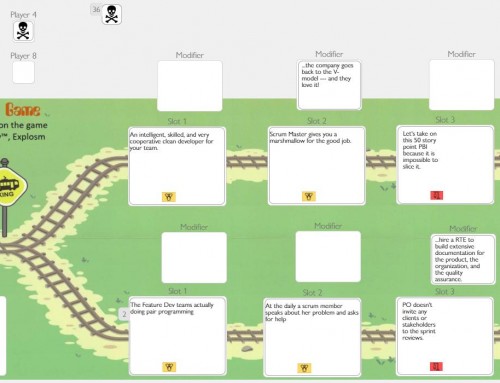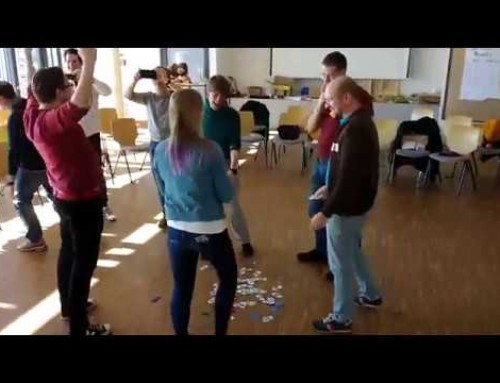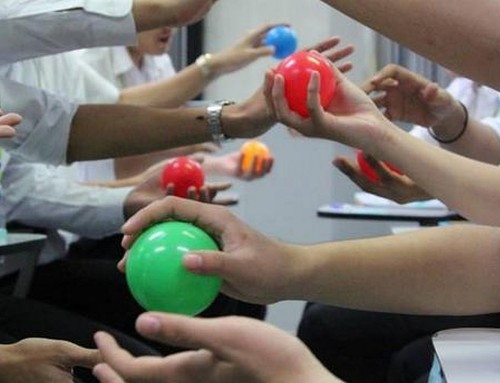Stuart Brown: Why Playing is vital?
Why is playing vital?
Why is playing so vital? — because this can make us smarter at any age. A pioneer in research on play, Dr. Stuart Brown, founder of the US National Institute for Play, shares an insightful quote:
"The opposite of play is not work, it’s depression."
- Stuart Brown
By definition, play is purposeless, all-consuming, and fun. But as Stuart Brown illustrates, play is anything but trivial. It is a biological drive as integral to our health as sleep or nutrition. Play is essential to develop social skills and adult problem-solving skills. We are designed by nature to flourish through play. Stuart Brown's research shows play is not just joyful and energizing — it's deeply involved with human development and intelligence.
In the following TedX video, Stuart Brown explains why playing is essential.
Playing is fun, even joyful. It refreshes and energizes us. Playing is a central element of life, throughout life, not only for children but for working and retired adults. In playing our burdens feel lighter and we are opened to new possibilities. But play goes even deeper it shapes our brains to make us smarter and more able to adapt to situations. Our success as an innovative culture rests first, on our recognizing the importance of play, then on our allowing play into daily living.
Key Take-Aways
- There is a strong correlation between success and playful activity.
- Playing is an evolved behavior important for the well being — and survival — of animals, especially those of higher intelligence.
- Playing is hard-wired into our brains (stories of Polar Bear with Husky and Mother with an infant).
- Playing is essential to develop social skills.
- Playing is critical for the development of problem-solving skills. In particular, play involving hands.
Why Leaders Should Have An Playful Puppy Play Stance
In an article, Brendan Boyle describes how an encounter with Stuart Brown changed his behaviour and body language as being a teacher and leader. Stuart Brown taught Brendan something he never forgets to reflect since: the wisdom of the happy puppy. Puppy behavior is a great example of receptive, enthusiastic body language. Puppies have an excellent play stance, which looks something like this: front paws out, eager-looking face and eyes that sparkle, nearly shouting "throw the ball!"
Being a leader, everyone is looking at you and taking note of your play stance. Create engaging and inspiring meetings where everyone is involved and no one is checking his emails or preparing other meetings on his laptop. Share energizing stories. Create shared experiences by playing games, gamified moderation and facilitation techniques. In playing serious games you support your colleagues to build trust and psychological safety.
Further Readings
- Stuart Brown, Christopher Vaughan:
. Avery Trade, Reprint 2010.
- Brendan Boyle: Why the Best Leaders Act Like Playful Puppies. Here are three ways to improve your leadership style -- with play. Entrepreneur March 20, 2018.
- David Elkind: The Power of Play:
. Da Capo Press, 2007.
Thanks to my colleagues Yves Hanoulle and Michael Sohato who pointed me on this.







Leave A Comment